How to Help a Child Deal with Anger Now and Throughout Life
Inside: Learn essential strategies for helping a child deal with anger and why research shows them to be effective throughout life, from a child therapist.
A few times a month my 4-year-old plods down the stairs in his pull-up promptly inquiring “can I please have a piece of my candy for breakfast?”
Really? You don’t remember my response the last 23 times you’ve asked this question at 6:30 in the morning?
Candy or gum have never been items available on our breakfast menu in the past but this doesn’t stop him from giving it a good solid attempt every couple of weeks.
As the word dreaded by small children all around the world starts to come out, I already know what’s next, pure unbridled 4-year-old anger. (I actually wonder if on some subconscious level he knew the answer would be no and just needed a quick and predictable path for his anger to escape.)
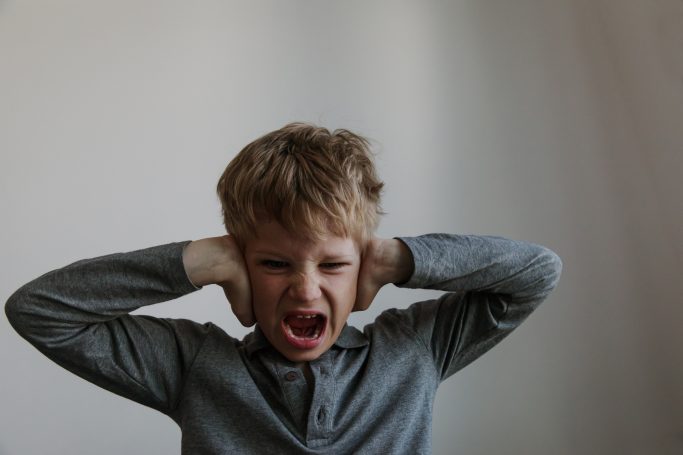
Before my full response has even left my mouth the crying and yelling begin.
Helping a child deal with anger is one of the most overwhelming aspects of raising a little human being.
Where we’ve gone wrong in helping our kids deal with anger
Helping a child deal with anger is overwhelming, leading many parents down one of two paths; getting frustrated at their child’s anger and jumping into a power struggle OR feeling panicked and quickly trying to shut the anger down with the universal (but oh so unhelpful) ‘calm down!’.
Most of us have said these well-meaning things at some point in our parenting journey (namely because we weren’t given the tools to handle emotion ourselves as kids) but it’s time we step up to the plate of helping our angry child, because just like my little guy needed help learning to tie his shoes or brush his teeth, he also needs help learning how to manage his anger.
What you need to know before helping a child deal with anger
As it turns out there’s good reason navigating anger management for kids is so complicated.
Anger is commonly known as a ‘basic emotion’ (one that’s universal to all humans), but where it gets a tad trickier is that anger often shows up as a ‘secondary’ emotion because it occurs as an emotional reaction to another emotion.
This is also why we hear the phrase, ‘anger is a mask’ because often other complicated emotions lie underneath the anger.
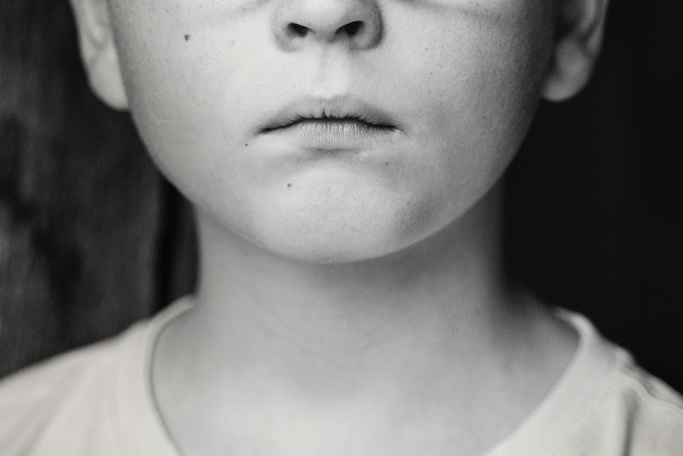
For example, when my little man threw out his request for leftover Easter candy in the morning, he likely felt a range of other subconscious emotions first such as insecurity (perhaps he was looking for boundaries from a trusted adult?) powerlessness (I need to make my demands known!) disappointment (awe man that stuff tastes so good and now I can’t have it!) or tiredness (my logical brain isn’t fully on yet!).
Your child’s anger is quick to jump to the rescue for a couple of reasons:
- Anger serves as an adaptive/survival emotion for humans signaling a possible threat, helping us communicate with others and propelling us to achieve goal-directed behavior.
- Anger is easier to express than more deep and vulnerable emotions, giving us the illusion of power and control in a moment where in fact, we’re likely feeling very weak and emotionally fragile.
- Children are much more impulsive with emotions due to their still-developing frontal lobe and cortex.
Think about helping your child deal with anger as a journey and not a destination. Kids will need ongoing support and teaching to cultivate healthy relationships with their emotions, especially complicated ones like anger.
These anger management techniques will help you feel confident you’re providing your child a healthy roadmap for handling anger, both now (and perhaps most importantly) into adulthood.
{Don’t miss out} >> My ‘Calm Kids Set’ is 40% of a limited time only!! (It includes all the tools you need to help your child master their anger and other big emotions)
A practical and effective roadmap for anger management with kids
| Normalize all emotions (including anger)
Anger is scary for a child! The physiological changes that happen with an anger response highjack your child’s brain making it hard (or downright impossible) for them to think clearly and act rationally.
When big emotions swell up fast, the feeling can be unsettling. Teaching your child that anger is their bodies natural way of alerting them that something isn’t quite right, will help this intense emotion feel less overwhelming.
| Be proactive, not reactive.
Talking about intense emotions in the heat of a meltdown or argument is going to be 110% worthless. Why? When your child is in a state of high emotional arousal they aren’t going to hear or remember much (if anything) of what you’re saying.
We know that when the emotion center of the brain is highly activated we lose access to the thinking part of the brain (this is why your mind goes blank before a big presentation, although with anger it happens on an even larger scale!).
Provide frequent and ongoing opportunities to talk about emotions and coping skills for anger during normal everyday life, so your child has a chance to commit these life-changing skills to memory. Team up to make a plan for how to calm down when angry before anger strikes.
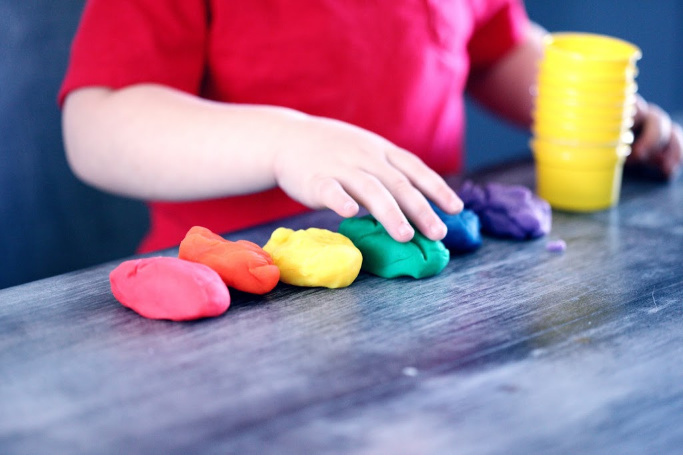
| Give them a lifeline
The most powerful way to help an angry child is for you, the parent, to stay calm yourself. Next to experiencing intense emotions, seeing a parent lose control tops the list of things that scare a child.
You are your child’s guidepost and they’re counting on you to stay in control when they can’t. The cold hard truth? If you’re not ready to hold yourself accountable when emotions are running high, you shouldn’t expect your child to.
75 Calm Down Activities for Kids that Work {Printable}
| Explore their triggers
‘Thorns’ and ‘anger buttons’ are two words I use often with my young therapy clients to refer to common themes, situations, or places where our anger tends to pop up most frequently.
Helping your child reflect on what things usually happen before ‘their anger comes out’ is a powerful way to cultivate self-awareness and become better prepared for when tricky situations reoccur in the future.
| Teach emotion vocabulary
When you give your child a wide range of emotion vocabulary, you’re giving them a vehicle to better understand what they’re experiencing and also how to express it appropriately.
If we aren’t aware that a particular emotion exists it will be hard for your child to acknowledge it! There are many fantastic resources available (finally!) to teach kids about different emotions which is the first foundational step of how to raise an emotionally intelligent child.
Related resource >> Your A-Z Guide on Teaching Your Child Emotional Regulation (from a Child Therapist)
| Team up

While you may expect your child to ‘go calm down!’ on their own, most kids will need the active support of a parent or caregiver to work through their anger and to calm and regulate their nervous system.
Supporting your child through the storm of their anger and exploring through trial and error what helps them to regain emotional stability is called co-regulation and is an essential part of raising an emotionally intelligent child who can manage their anger healthily in adulthood.
| Teach through modeling
Your child is watching how you act when you’re angry. Are you modeling good self-control and coping strategies the majority of the time or allowing your emotions to get the best of your words and actions?
The most powerful way to teach your child how to deal with anger in a positive way is to model and practice healthy coping skills right in front of them. So go ahead, push pause and take 5 deep breaths the next time your child knocks over a full glass of milk.

| Body warning signs
A huge part of supporting a child’s emotional regulation skills is helping them to develop self-awareness around their bodies physical reactions to anger.
If your child can pay attention to their bodies physiological signs of anger they can implement calming tools and strategies before their anger gets the best of them.
Help them explore how they feel anger in their body when having an anger outburst. Does their face get hot and flushed? Do they tense up their muscles or hold their breath? These are powerful clues to help your child deal with anger (Here’s an example and a list of the best anger management activities for kids).
|Use visuals
When your child is in the heat of an angry moment, visuals are going to be your best friend. Due to what’s happening in their brain during emotional upheaval it’s much easier for your child to visually process information when they’re upset than processing what you say auditorily.
Their thinking brain is shut down so the more basic the intervention (“I see you’re upset, let’s grab the calm down basket”), the better it will be accepted by your child and actually work.
This emotions flashcard bundle has great visuals for kids ages 2-10 and you don’t have to look far to find a plethora of fantastic visuals depicting emotions, degrees of anger and strategies to work through anger in healthy ways.

The stakes are too high not to support kids with anger
Supporting your child’s emotional well-being is the most influential factor in how they’ll thrive out in the world with themselves and others.
When anger isn’t properly understood and coped with it leads to higher stress levels, conflict in relationships, behavioral problems and violence (in addition to many other negative outcomes).
Anger is a normal and healthy human emotion for a child to express and the earlier they cultivate a healthy relationship with it, the greater their ability will be to successfully adapt to life’s frustrations, staying in control of anger instead of letting anger control them.
I think we’d all agree our world could use a major overhaul when it comes to handling anger, and what better place to start than with the next generation of kids?
Want more step-by-step support from a child therapist to give your child the skills to manage their anger TODAY and throughout their life?
Learn more about the proven tools in my Calm Kids Set here (40% off for a limited time!!).
Related articles you’ll find helpful:



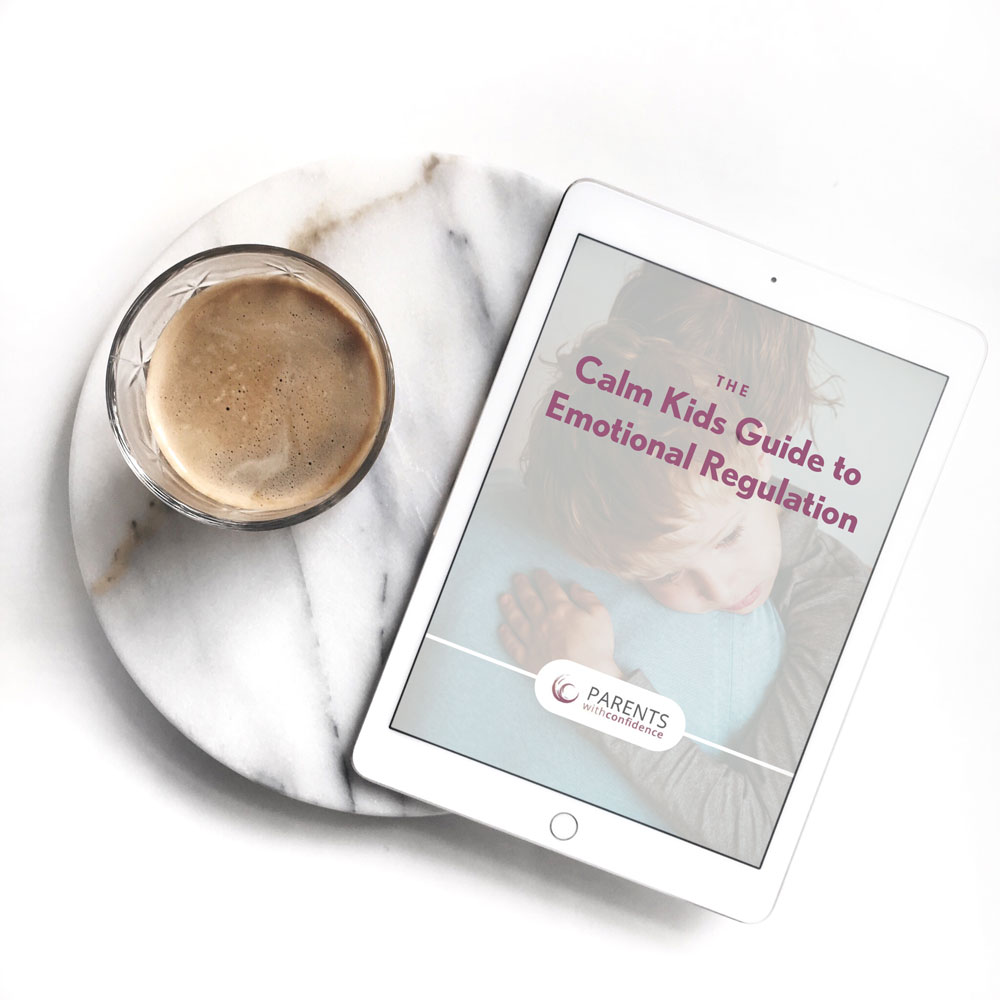

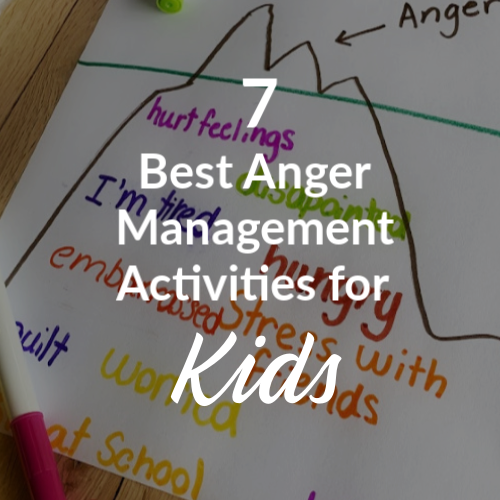
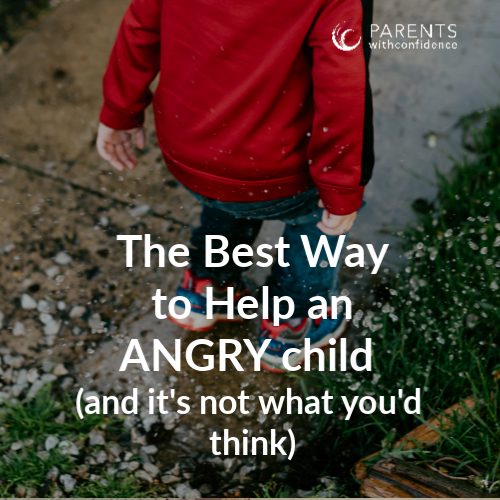
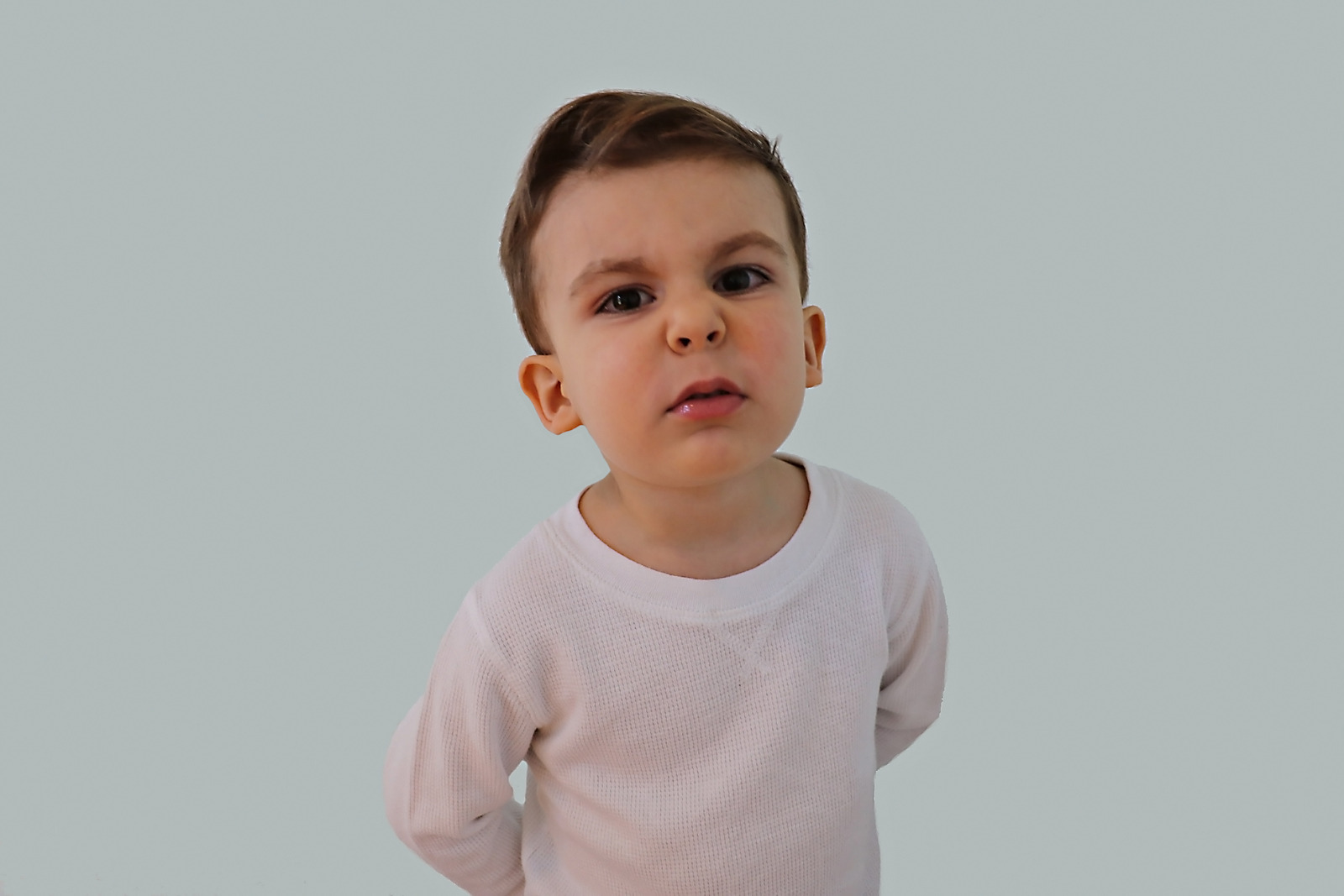
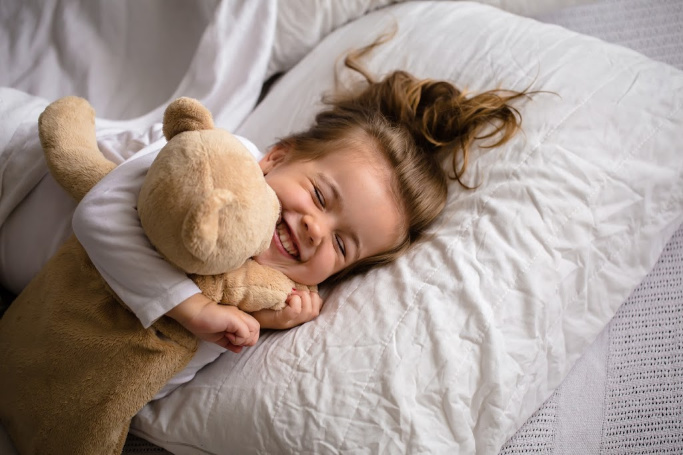

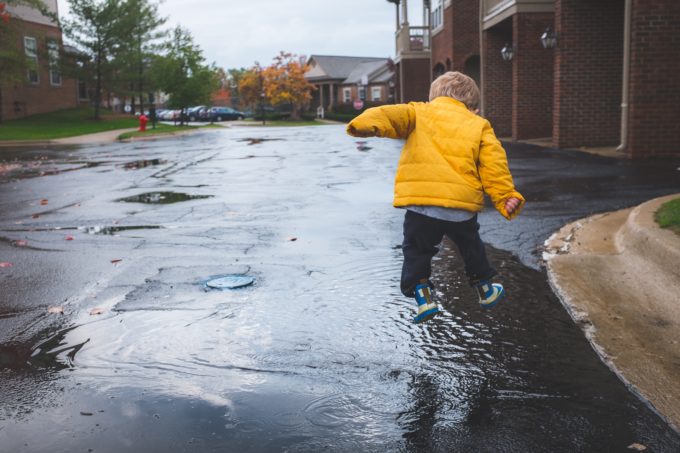
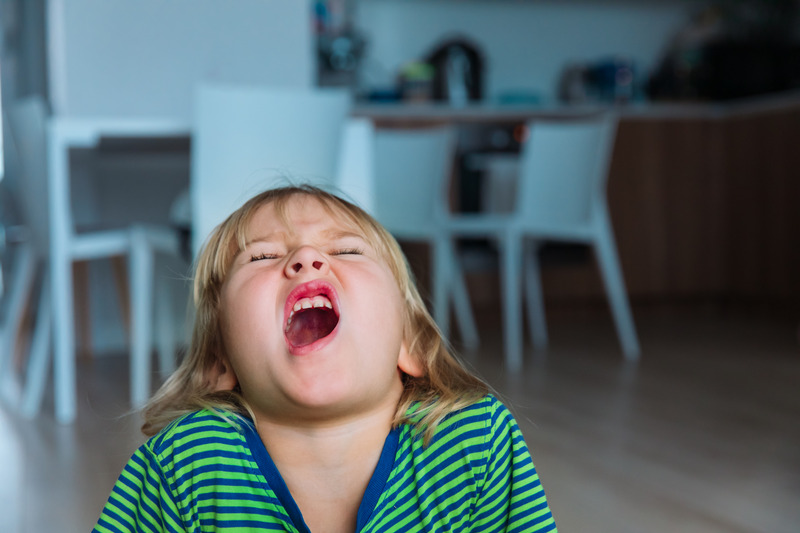
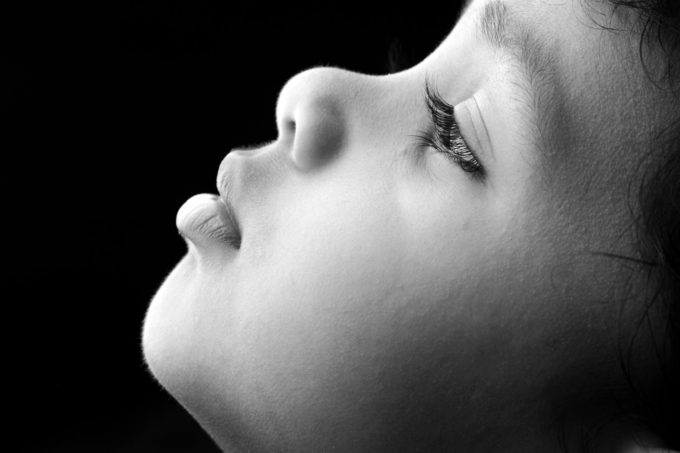
My hubby died in a car accident and my daughter thinks that he will come back as told back by relative. Her behavior is changed completely. She gets angry, screams, cries pls help. How to deal with this. She Is almost 4.
I’m so sorry for your loss:(:(. I’d highly recommend you get a counselor/therapist who specializes with children and does Play therapy specifically to help her work through her grief.
I’m excited to use these skills. My three year old has issues with expressing anger and being upset, with blood curdling screams. Oh what fun.
My 3 year old gets angry when we say no to him eating candy all the time or to stop hitting us and his older sister(6). He yells and breaks things he hits and won’t stop. He can hold a rage. I don’t know what to do. I’m so angry and scared. When he’s not angry, he’s the sweetest little guy. Help us please.